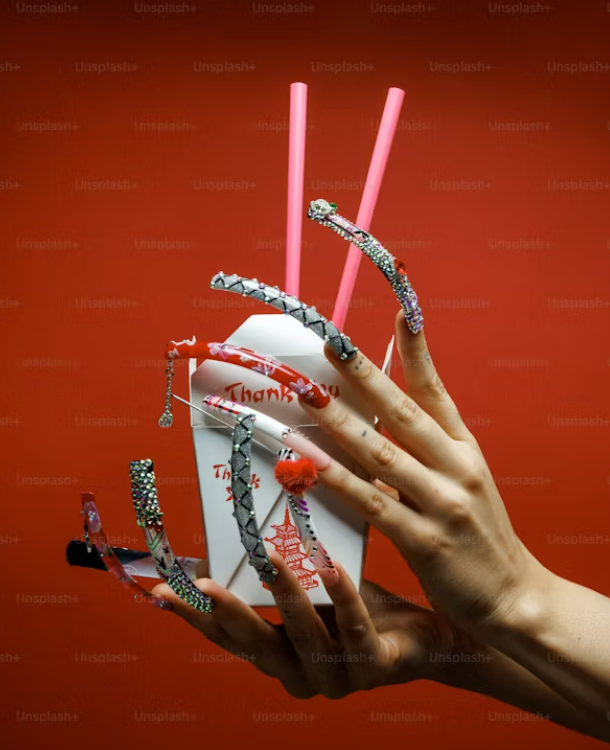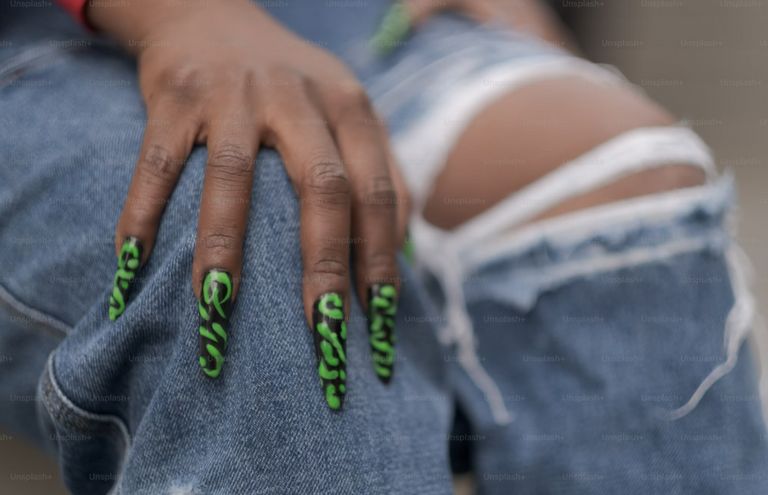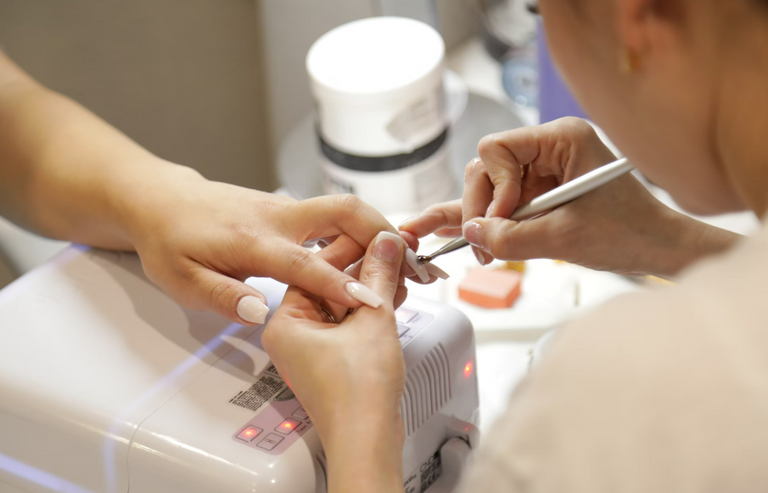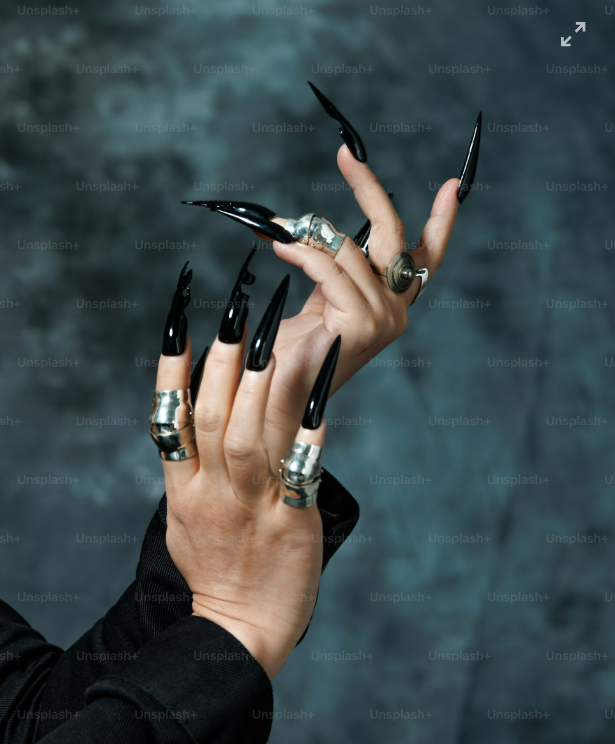Acrylic nails are a popular beauty trend, offering length, strength, and style. However, while they look fabulous, they can also be a challenge in many work environments. Whether you’re typing on a keyboard, working in healthcare, or handling delicate tasks, acrylic nails can sometimes get in the way. Here’s a detailed breakdown of how acrylic nails might limit your work and what to consider before getting them.
1. Difficulty with Typing and Computer Work
For those who work in offices, as writers, or in customer service, typing is essential. Long acrylic nails can:
- Slow down typing speed – You may need to adjust how you hit the keys.
- Increase typos – Nails can accidentally press multiple keys at once.
- Cause discomfort – The added length changes how your fingers rest on the keyboard.
💡 Tip: If you need acrylics but work at a computer, opt for a shorter, almond, or square shape for better control.
2. Challenges in Healthcare and Hygiene Jobs
If you work in healthcare, food service, or childcare, maintaining hygiene is a top priority. Acrylic nails can:
- Trap bacteria – Under the nails, which is risky for patient care and food handling.
- Make wearing gloves difficult – Long nails can tear gloves, exposing you to contaminants.
- Limit dexterity – Small tasks like handling medical equipment or dressing wounds become trickier.
💡 Tip: Many hospitals and food industry workplaces prohibit long nails for safety and hygiene reasons. Stick to natural or short gel nails for a professional look.
3. Risk of Breaking and Injuries
Acrylic nails are strong, but they’re not indestructible. In hands-on jobs like retail, construction, or hairstyling, they can:
- Break painfully – If caught in something, they can rip off, causing serious nail bed injuries.
- Make tool use harder – Holding scissors, styling hair, or even opening cans can become awkward.
- Increase the risk of infections – A broken nail can expose the natural nail to bacteria.
💡 Tip: If you work with tools, opt for medium-length, rounded nails to minimize snagging and breakage.
4. Interference with Precision Work
Jobs requiring precision, like artists, makeup artists, dentists, and engineers, can be difficult with acrylics because they:
- Reduce grip control – Holding small objects like pens, tweezers, or brushes becomes challenging.
- Impact hand flexibility – The added thickness of acrylics limits fine motor movements.
- Increase mistakes – Tasks requiring steady hands may become more difficult.
💡 Tip: If you love acrylics but need precision, try a shorter, tapered shape like a soft square or rounded tip.
5. Workplace Restrictions and Professionalism
While some industries embrace stylish nails, others see them as unprofessional or unsafe. Some workplaces may:
- Ban long nails for safety reasons (e.g., labs, factories, restaurants).
- Consider flashy designs unprofessional in corporate settings.
- Require short, natural nails for uniform policies.
💡 Tip: If unsure, check your company’s dress code before getting long acrylics. You can always choose neutral, professional designs.
Final Thoughts
While acrylic nails look stunning, they aren’t always practical for every job. They can slow down tasks, limit hand movement, and even pose hygiene risks. If you love nails but need to work efficiently, consider shorter acrylics, natural overlays, or gel manicures as an alternative.



